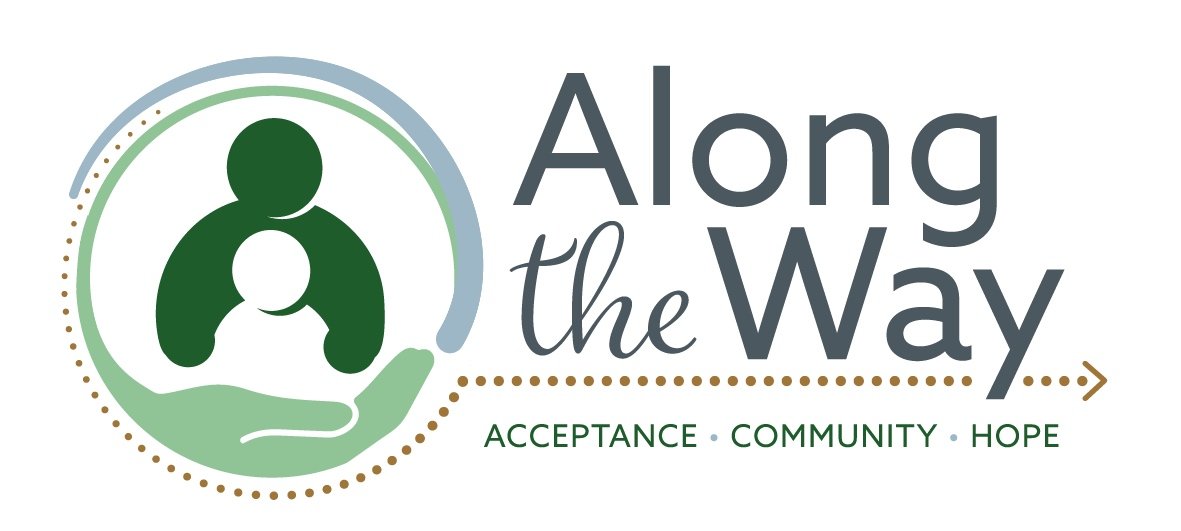Conscious Discipline: Get Your Kids to Listen with this Trauma-Informed Approach!
Monkey See, Monkey do. Children, at any age, learn from watching and listening to others. This is called observational learning which is the process of learning by watching the behaviors of others. As adults, we model behaviors for our children on a daily basis. “Maybe your child comes home from school casting imaginary webs like Spiderman, even though they have never had any introduction to the character at home. Or perhaps they show off a new, not-so-child-friendly vocabulary word after the family reunion. Wherever they are, whoever they are around, children are observing and learning.” Families are moving away from the usual “Do as I say, not as I do” way of raising their children to utilize conscious discipline (Admin, 2020).
Conscious Discipline is a new term that has found its way in classrooms and also in the homes of many families. Dr. Becky Bailey created this social-emotional learning program to change the way we view and implement forms of discipline. While discipline can have a negative connotation, the word’s origins mean to instruct and that’s how Along The Way and Dr. Bailey use it – to teach children through gentle correction about how to effectively navigate the world within and the world outside of themselves.
Conscious Discipline is a comprehensive classroom management program and a social-emotional curriculum that is based on current brain research. The supportive research focuses on the state of the brain and the impact of moving from an unconscious brain state of behaviors to a more aware state of behaviors. If we are more conscious, we can navigate in the world at a higher functioning brain state and have more solution-driven behaviors rather than just reacting (Early Living Coalition, 2022) (Conscious Discipline, 2021).
This method calls for adults to change their attitudes and behaviors in order to have an improved impact on their children or the children they work with. Adults who adopt this framework are able to change their perception and relationship with conflict and develop more effective responses. In return, the children who interact with these adults will adopt similar healthy behaviors for dealing with conflict. The conscious discipline approach involves learning “the skills needed to successfully manage life tasks such as learning, forming relationships, communicating effectively, being sensitive to others’ needs and getting along with others” (Cotter, C., et.al.).
Dr. Becky Bailey describes four key components in this model:
Conscious Discipline Brain State Model: Recognizes three basic brain/body/mind states likely to produce certain behaviors. Intentional, state-specific responses enable access to advanced skills.
Seven Powers of Conscious for Adults: Create a shift in the way adults see conflict so we can maintain composure and consciously respond to difficult situations. Adults’ ability to self-regulate is the precursor to teaching children social-emotional skills.
Creating the School Family: Increases connections between adults and children at all levels, ensuring optimal development and learning for all. A School Family culture is built through consistent modeling of routines, rituals, and structures.
Seven Skills of Discipline: Transforms everyday discipline issues into teachable moments, equipping children with the social-emotional and communication skills needed to manage themselves, resolve conflict and develop healthy behavior. (Conscious Discipline, 2021)
Along The Way implements this trauma-informed and evidence-based approach in our in-home child care services. All of our in-home caregivers undergo Conscious Discipline training, ensuring that we are doing our part to help kids grow healthy brains! Using this approach also provides our caregivers the opportunity to be a resource for the parents and families we support; parents and our staff of child caregivers can discuss effective ways to manage difficult child behaviors, ensuring that we do so from a socio-emotional “teaching” lens to truly help kiddos. And the more our caregivers share Conscious Discipline tips and collaborate with parents, the better the outcomes for children who need consistent, supportive routines. As for one of our favorite tips – The Power of Attention, aka “Focusing on what you don’t want creates more of what you don’t want in your life” so next time you don’t like something your child is doing, instead of telling them to stop, try to catch them doing what you want them to do and recognize them for it. It works like a charm!
Helpful Resources:
The Company Story of Conscious Discipline- Changing Minds & Shift Hearts Around the World Link: https://consciousdiscipline.com/videos/the-company-story-of-conscious-discipline/
Seven Powers for Self Control- https://wildflowercottage.org/program/conscious-discipline/
Free Conscious Discipline Activities- https://consciousdiscipline.com/free-resources/type/printable-tools-and-activities/
References:
Admin. (2020, June 8). What is Observational Learning? Water Bear Learning. Retrieved September 12, 2022, from https://waterbearlearning.com/
Early Living Coalition. (2022). Conscious discipline. Early Learning Coalition of St. LucieCounty. Retrieved September 12, 2022, from https://www.elcslc.org/
Conscious Discipline. (2021, November 2). Conscious Discipline Methodology. Conscious Discipline. Retrieved September 12, 2022, from https://consciousdiscipline.com/
Cotter, C., About the Author: Cheryl Cotter, Author:, A. the, Paccione-Dyszlewski, M. R., Marini, G. M., & Dalomba, F. (2020, January 20). What is conscious discipline? Lifespan. Retrieved September 12, 2022, from https://www.lifespan.org/

